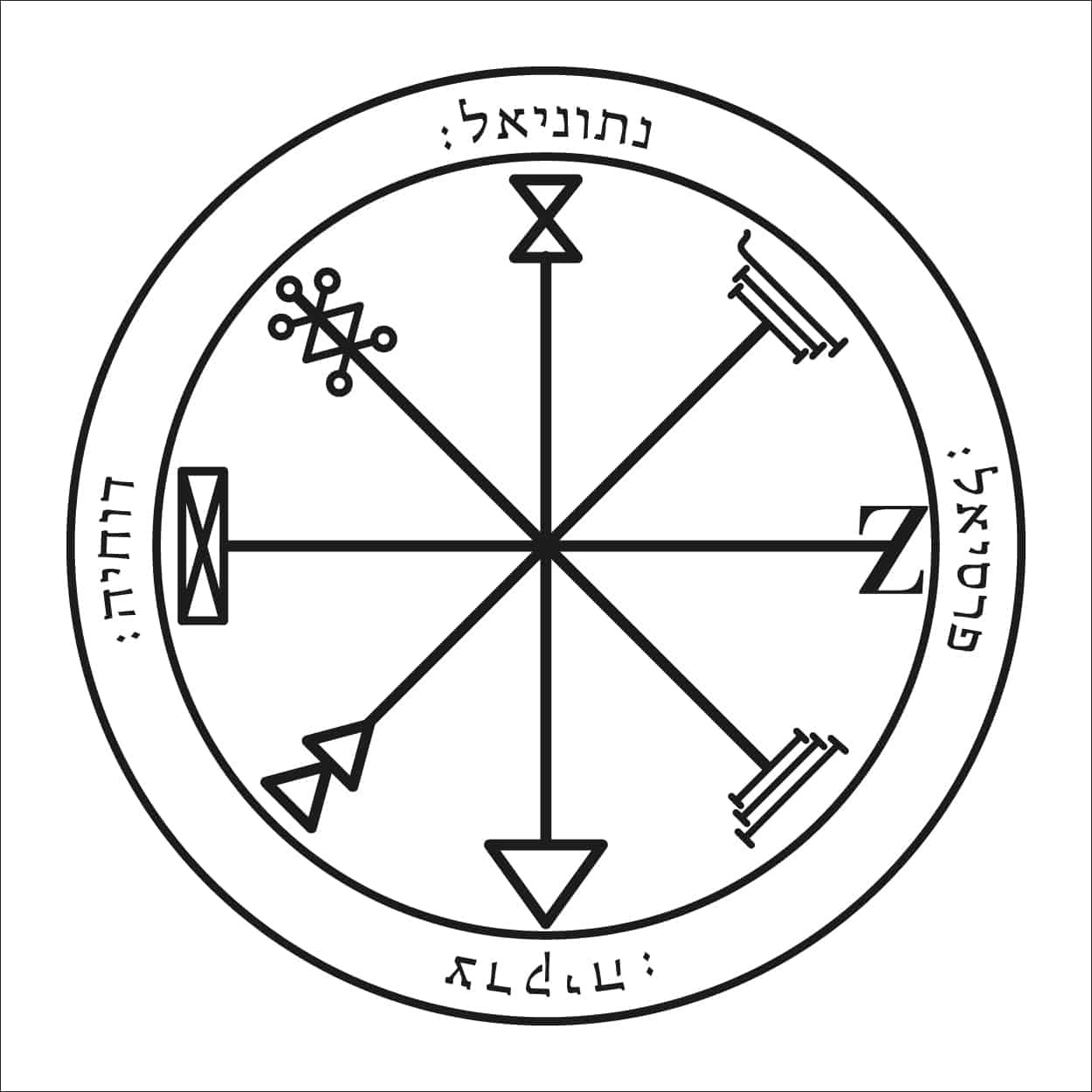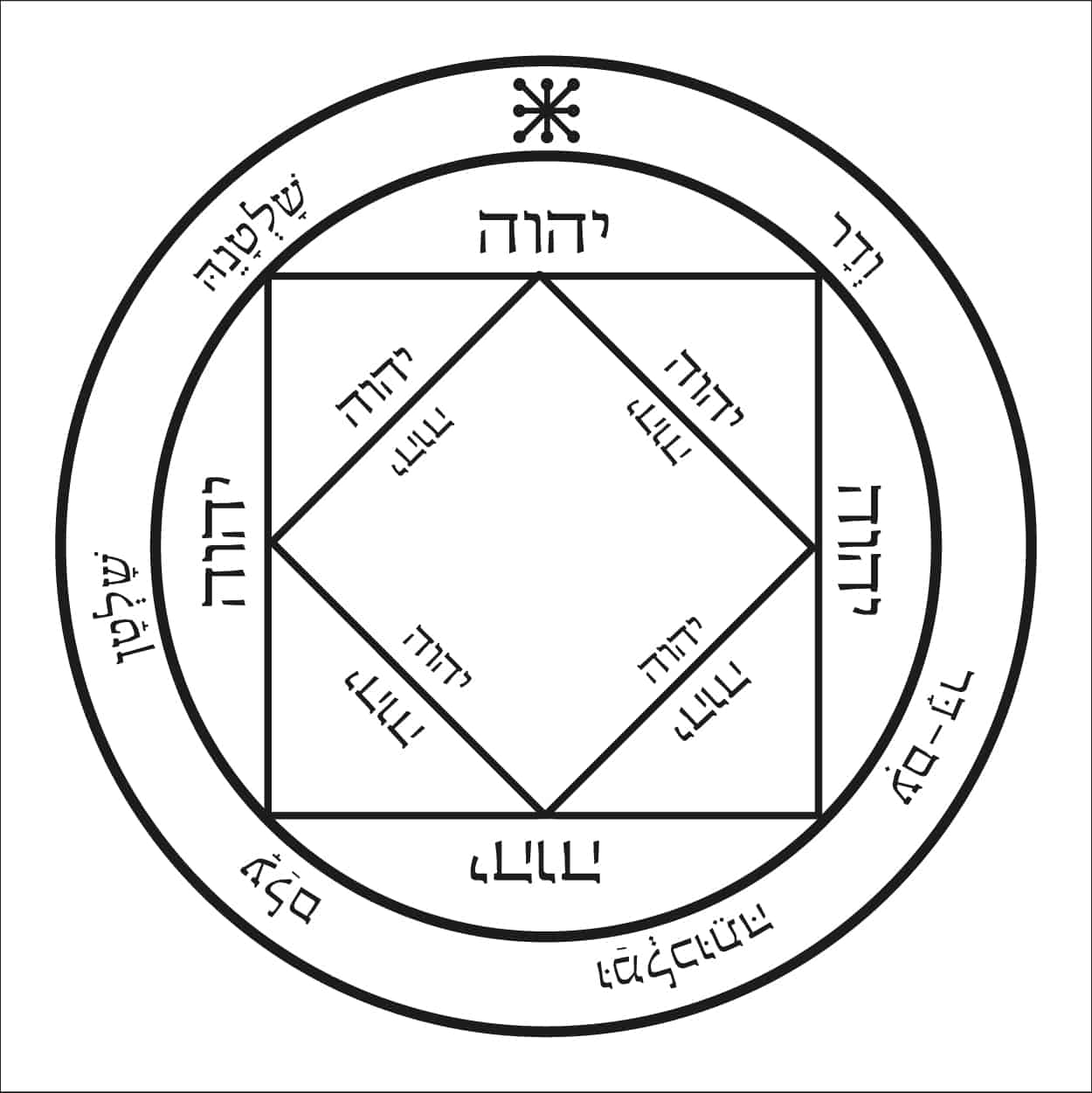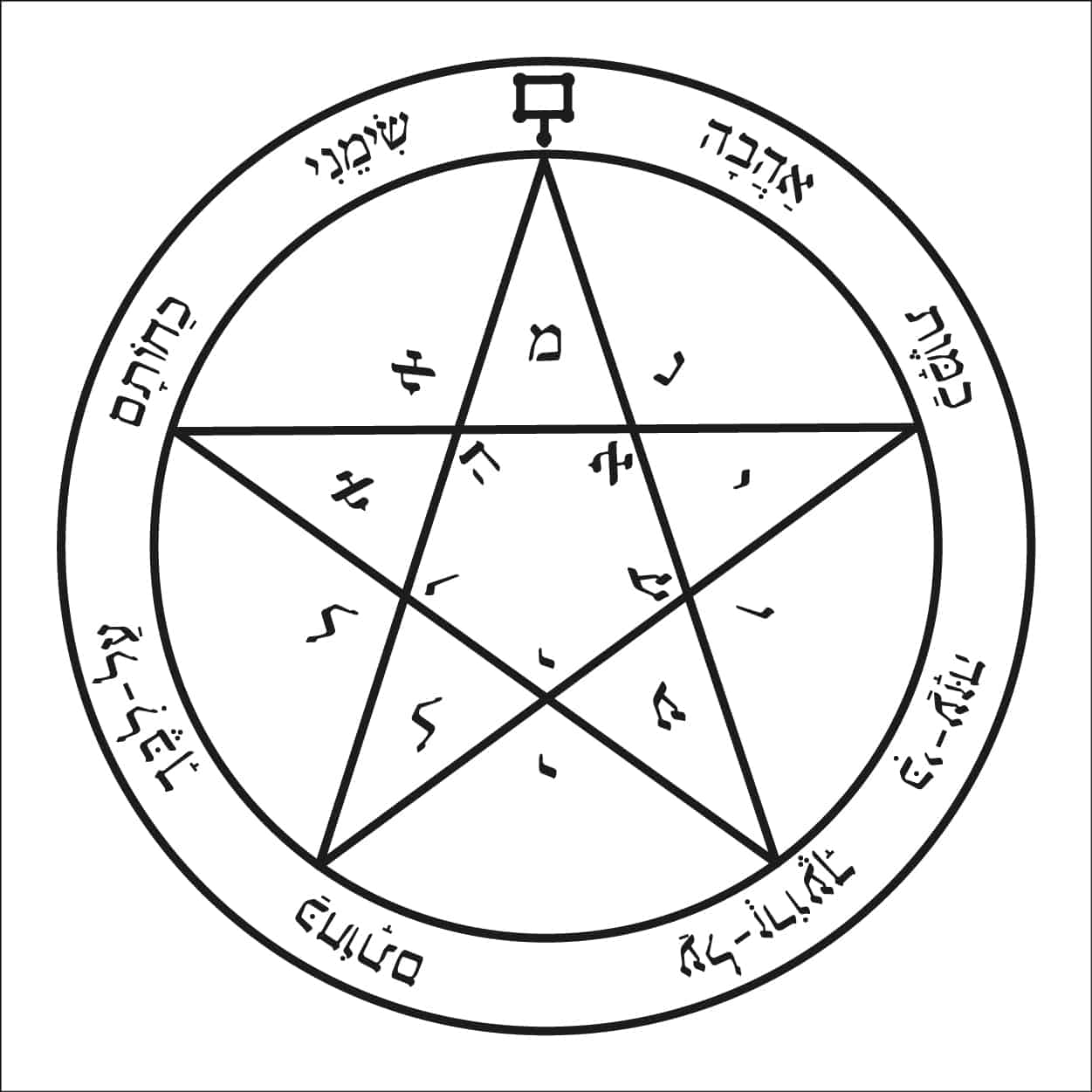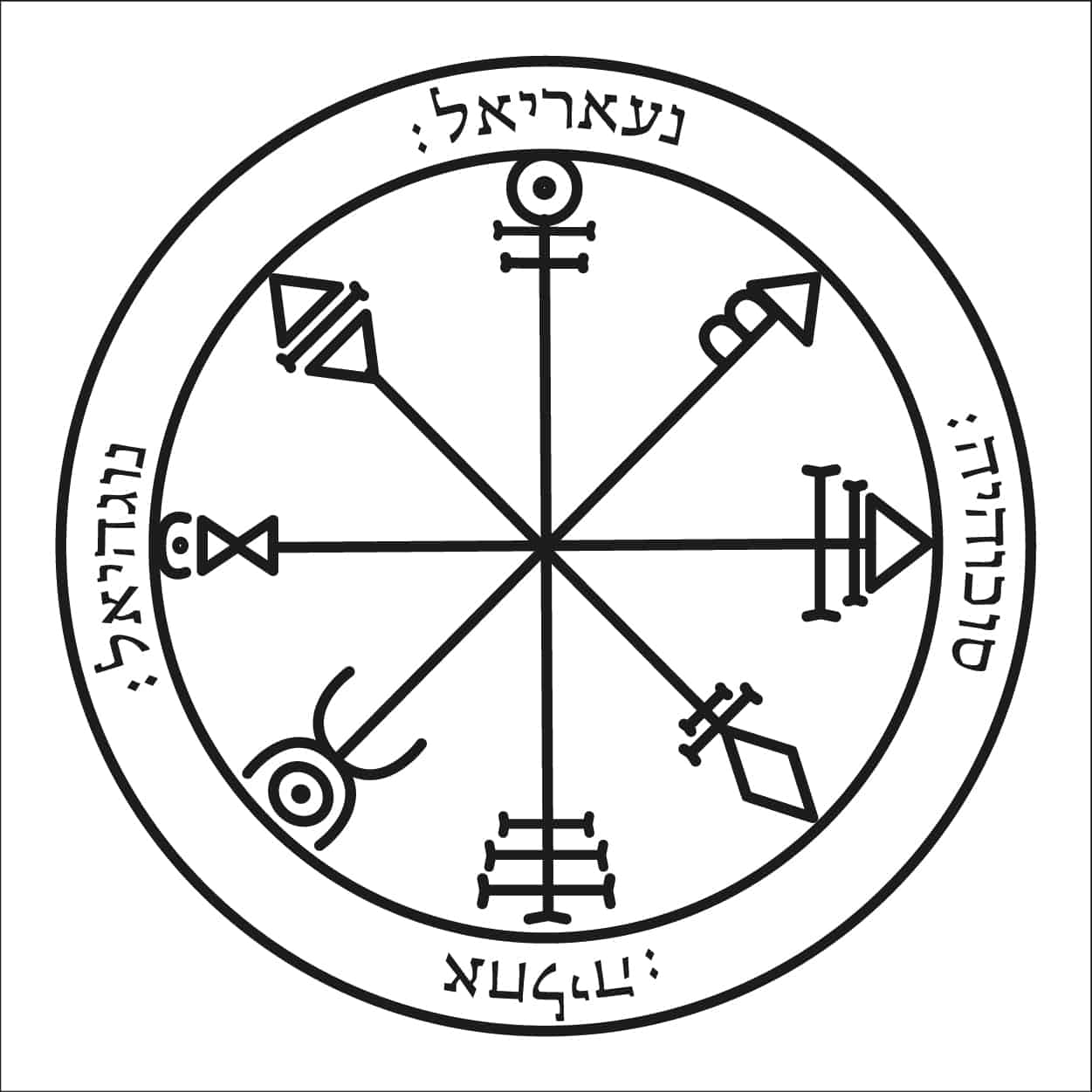King Solomon was known for being the most legendary ruler in the history of mankind. Still, he was, first, a human being. A remarkable person without a doubt, but also a conflicted man subjected to his human weaknesses. His name preceded him not only by his success, but also by his own faults, which drew an interesting psychological profile that is portrayed in the psychological development we experience to this day.
The combination of the admirable decisions he made on a national scale, and the poor decisions he, at times, made regarding his personal life, presents a paradoxical soul that traveled within the highest of peaks and the lowest of pits. As the unique human being he was, Solomon was still a man, struggling with contradictions and adversities as any other.
In fact, we can all relate to Solomon’s Paradox, as described in the psychological field that has been studying the human psyche for ages. Although powerful and mighty, Solomon wasn’t invincible, especially due to himself. After all, many traveled far and long to arrive at his doorstep to seek his counsel and advice. As a wise sage, Solomon had much wisdom for others, but when it came to his own personal behavior in his life he couldn’t always implement his own counsel.
It is no secret that Solomon had a vigorous passion for women and hedonism that later diminished his control over his kingdom, as well as his poor guidance of his son as a future heir, which ultimately led to the kingdom’s fall. Still, his name and wisdom have stretched beyond and left humankind a legacy of writings, philosophy, poems, and contemplations Solomon bestowed upon us, all the way to the 21st century. So how could he be such a resourceful ruler despite his failure to apply it in his own life? And more important, how can we benefit from Solomon’s psychological experience in our own lives, to grow stronger and more resilient to the situations and events we experience?
Strengthen your psychological endurance
Academic research conducted by the Canadian psychological scientist Grossman examined the paradox of Solomon in reflection to common psychological behavior we lead in our everyday lives. Grossman found that when it comes to self-awareness and our ability to empathize, it becomes much greater when directed toward others, rather than ourselves. Why is that?
Well, when people observe and contemplate the situations in the life of others, they apply psychological distancing, and basically manage to reason much better regarding personal conflicts of others than they would have applied if they weren’t so immersed in their own emotions, and their proximity to the situation. The conclusion? When people reflect on a situation in the third person they are far more able to consider different perspectives to cope and assess their feelings and carry on to making wiser, more reasonable decisions that aren’t biased.
Learning from Solomon’s mistakes
Solomon was indeed touched by God, but he was still a human, destined to follow human cognition and behavior. Still, his multiple experiences with human situations have all accumulated into consequences and wise guidance, one that we are able to apply in our own reality, and grow stronger by seeing things in a much clearer way than our ego allows.
If we want to succeed in identifying the problems we deal with and come up with an educated, more beneficial strategy for solutions, we need to step out of our narrow perspective, observe situations as if they don’t have a direct effect on us, and “force” our creativity to take the lead. By doing that, we free ourselves from our own defense mechanism that alerts us that danger is imminent, by operating an external assessment regarding our own situation and reducing our insecurity in applying our own advice.
Maybe King Solomon should have imagined that he himself was about to embark on a journey to seek advice in other venues, and from wise persons, other than himself. Maybe we should take on this exact advice and give ourselves a break.
We invite you to confront your daily challenges by opening your mind to new ideas, new options, and new practices.

 Evil Eye Protection Seals
Evil Eye Protection Seals Abundance & Prosperity Seals
Abundance & Prosperity Seals Guarding & Protection Seals
Guarding & Protection Seals Paths Clearing Seals
Paths Clearing Seals Health Seals
Health Seals Recuperation Seals
Recuperation Seals Spiritual Growth Seals
Spiritual Growth Seals Tranquility & Equilibrium Seals
Tranquility & Equilibrium Seals Victory & Achievement Seals
Victory & Achievement Seals Matching Seals
Matching Seals Love Seals
Love Seals Fertility Seals
Fertility Seals Wishes Seals
Wishes Seals Harmony Seals
Harmony Seals Livelihood Seals
Livelihood Seals